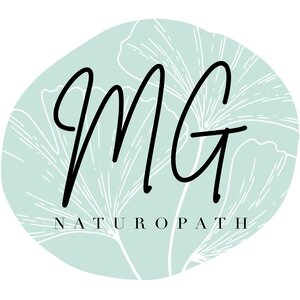As the cold finally creeps upon us I thought I would share my little porridge gold tips to keep you full, satiated, warm and well.
Yep, a whole blog on porridge! Why, cos it warrants it! BUT, not the same old blog on the health benefits of oats you may find elsewhere.
So many of my clients report porridge as their breakfast choice during winter and I am not surprised when they go on to explain that they are hungry just an hour after eating it. This then leaves them susceptible to the office morning tea and cake ritual, but also creates a situation that will see them battling cravings for the rest of the day.
But porridge is healthy you might say! It is on paper, but in today’s modern world it has many variables. Let me explain…
Oats are a carbohydrate. They is no denying this. Mostly, they are a complex carbohydrate but the glycemic index (GI) of oats changes when they are processed. This means that the way your body sees and uses the oats differs.
The slower it takes for your body to burn a food the lower the GI. Think of low GI foods as the large wooden logs on the fire that keep it burning all night long. High GI foods are the paper and twigs you start it with.
The type of porridge you have for breakfast matters:
Steel cut oats have a GI of 42
Whereas oatmeal is 58
Then instant oatmeal is up around 83.
When oats are processed, it removes some of the fibre which increases the speed in which the body chews it up.
Also, what you put with your porridge matters.
Rather than add more carbohydrates to your oats why not try to balance it out a little? Fruit, sugar and light milk will add more twigs to that fast burning fire making it go out quickly, leaving you cold and hungry.
In our oats at home we opt for butter and cream. Don’t be shocked, we are not the first or the last. In Scotland this is how oats have been eaten for generations in a dish known as brose. Even Wikipedia agrees, stating that brose is very much like porridge but much more filling. Plus it is crazy yummy.
Don’t knock it til you try it! Non-dairy eaters could try coconut cream and tahini as good alternatives.
Up the ante for your oats by adding butter (or nut butter), cream, nuts, seeds, full fat milk or plant milk, coconut oil and/or protein powder and feel the difference it makes to your day.

